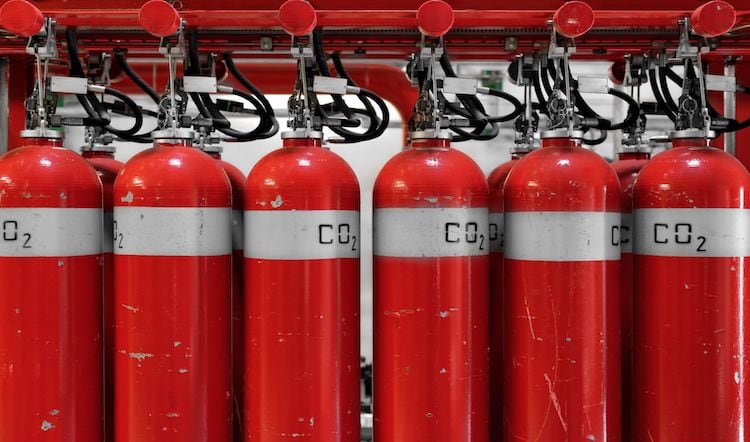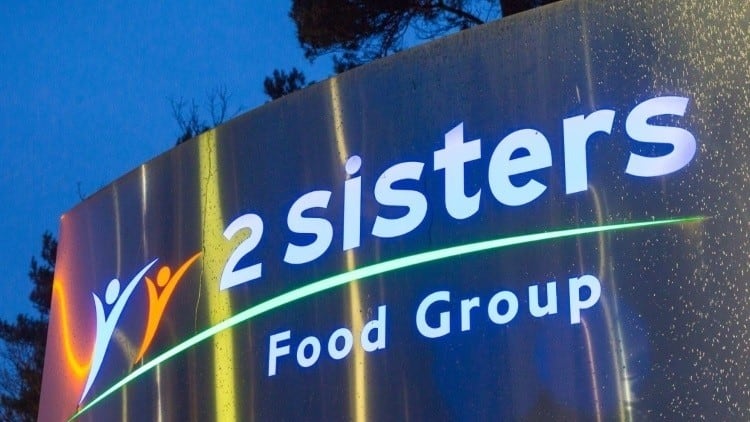The warning comes from global assurance provider, LRQA, which is advising companies to thoroughly screen CO2 supplies to ensure that carcinogens don’t enter the food supply chain.
This comes as the impact is being felt in the market of the recent closure of two plants which provided a combined total of 60% of the UK’s food grade CO2. The Government has already been urged to intervene as the UK food and drink sector again faces a crisis with an impending CO2 shortage.
Demand
LRQA has said that with CO2 already in short supply prior to the shutdowns, many businesses are having to work with new manufacturers or sellers to fulfil demand.
Forbes Fyfe, technical account manager for Agriculture Supply Chain at LRQA said: “When one link in a supply chain is affected it has a knock-on effect. What we’ve learned over the past few years of near-constant global upheaval is that the old ways of thinking about supply chains are becoming obsolete. We need to develop resilient supply networks capable of adapting to changes in the world while preserving food safety.”
Carcinogens
Forbes has highlighted that food grade CO2 must be at least 99.9% pure, and beverage grade, used in manufacturing carbonated drinks, including beer must be even purer. The two grades have different applications in food production and are tested for different contaminants. If fraud occurs and food or industry grade CO2 (99.5% pure) is missold as beverage grade, for example, the likelihood of carcinogens entering consumer food products is increased.
Forbes added: “Businesses must make sure that international standards are upheld and suppliers of CO2 – and all food components – have been corroborated. A food brand’s value lies in its reputation as a provider of quality products. Because of this, it is vital that standards do not slip, even when the supply chain is altered. As brands prioritise food safety, they will keep their customers – and their reputation – safe too.”




